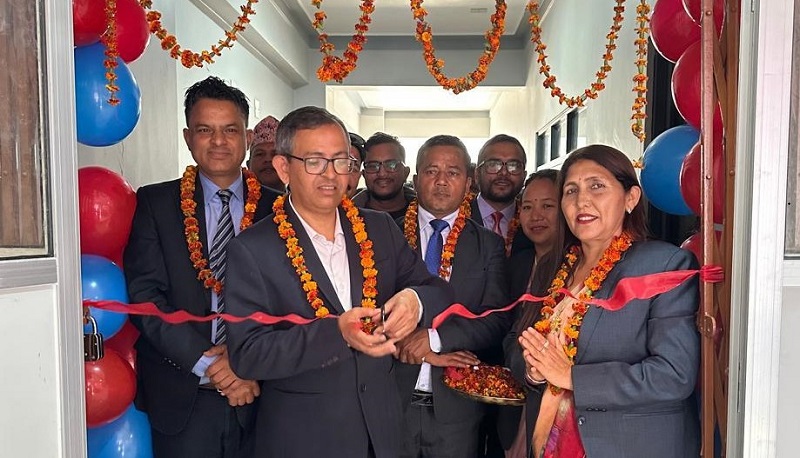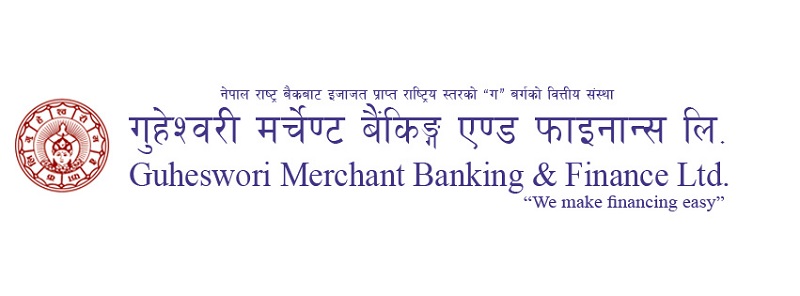Nepal Bankers Association Concludes Capacity Building Program on Energy Efficiency Lending
26th November 2025, Kathmandu
The Nepal Bankers Association (NBA), in collaboration with the Rural Development Corporation, has successfully concluded a nationwide capacity building program focused on developing and implementing energy-efficiency loan mechanisms in Nepal.
NBA Capacity Building Program
This initiative, part of the RIP Green Project (which is publicly known as REEEP-GREEN), aims to mainstream environmentally responsible financing within the country’s banking system.
Program Objectives and Focus Areas
The workshop series was a strategic effort to enhance the capacity of commercial banks to identify, finance, and monitor projects that promote energy efficiency in the industrial sector.
Promoting Energy Efficiency (EE): The core purpose of the program was to highlight the critical role of banks in promoting EE investments. EE involves measures that reduce the amount of energy required to provide products or services, such as upgrading to energy-efficient machinery or optimizing operational processes in industries.
Industry Benefits: Participants discussed the significant opportunities created by these investments. By financing energy-efficient technologies, banks can help their industrial clients achieve two major benefits:
Reduced Energy Consumption: Directly lowering the factory’s operational energy use.
Lower Operational Costs: Translating energy savings into reduced production expenses and enhanced profitability.
National Economic Impact: The program also emphasized that these banking initiatives are vital for contributing to Nepal’s sustainable economic development and enhancing the nation’s competitiveness as an industrial economy. Cleaner, more efficient production processes make Nepalese goods more viable in international markets.
Scope and Participation Across Industrial Hubs
To maximize its reach and impact across Nepal’s key economic centers, the capacity building program was strategically conducted across multiple locations.
Geographical Reach: The training sessions were held in major industrial and commercial hubs across Nepal, including:
- Kathmandu
- Butwal
- Bhairahawa
- Pokhara
- Biratnagar
- Birgunj
- Chitwan
- Nepalgunj
Participation: The comprehensive training saw the participation of more than 200 banking professionals. This included high-level executives such as provincial heads and branch managers from eight commercial banks. This broad participation ensures that the knowledge and implementation strategy for green financing can be deployed effectively across various regional branches.
Program Context: This capacity building effort is closely linked to the REEEP-GREEN Project (Renewable Energy and Energy Efficiency Programme – Green Recovery and Empowerment with Energy in Nepal), which is a technical cooperation initiative between the Government of Nepal, the Federal Republic of Germany (through GIZ), and the European Union. This project often involves providing grants to industries to demonstrate the viability of EE measures, which in turn helps banks develop and roll out practical loan products.
Commitment to Sustainable Finance
The conclusion of the workshop signaled a renewed and strengthened commitment from the banking sector to environmental responsibility.
NBA’s Reaffirmation: The Nepal Bankers Association (NBA) publicly reaffirmed its commitment to strengthening sustainable and green financing practices throughout the banking sector. This involves integrating Environmental, Social, and Governance (ESG) and Environmental and Social Risk Management (ESRM) principles into their credit appraisal and lending processes.
Future Collaboration: The association explicitly stated its intention to continue collaborating with stakeholders—including government bodies, international development partners, and industrial associations—to mainstream environmentally responsible financing within Nepal’s overall financial system. This aims to shift the sector toward a Green Finance Taxonomy, making sustainable investment a standard practice rather than an optional niche.
The successful culmination of this program sets the stage for the wider implementation of dedicated Energy Efficiency Loan products by participating banks, which will provide the necessary financial resources for industries to transition toward greener, more cost-effective operations.
For More: NBA Capacity Building Program







